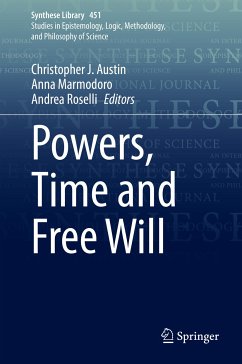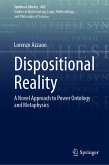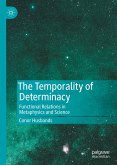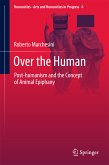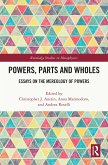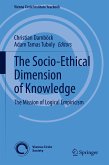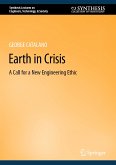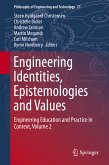This book brings together twelve original contributions by leading scholars on the much-debated issues of what is free will and how can we exercise it in a world governed by laws of nature. Which conception of laws of nature best fits with how we conceive of free will? And which constraints does our conception of the laws of nature place on how we think of free will? The metaphysics of causation and the metaphysics of dispositions are also explored in this edited volume, in relation to whether they may or may not be game-changers in how we think about both free will and the laws of nature. The volume presents the views of a range of international experts on these issues, and aims at providing the reader with novel approaches to a core problem in philosophy. The target audience is composed by academics and scholars who are interested in an original and contemporary approach to these long-debated issues.
Chapters [2] and [4] are available open access under aCreative Commons Attribution 4.0 International License via link.springer.com.
Dieser Download kann aus rechtlichen Gründen nur mit Rechnungsadresse in A, B, BG, CY, CZ, D, DK, EW, E, FIN, F, GR, HR, H, IRL, I, LT, L, LR, M, NL, PL, P, R, S, SLO, SK ausgeliefert werden.
Es gelten unsere Allgemeinen Geschäftsbedingungen: www.buecher.de/agb
Impressum
www.buecher.de ist ein Internetauftritt der buecher.de internetstores GmbH
Geschäftsführung: Monica Sawhney | Roland Kölbl | Günter Hilger
Sitz der Gesellschaft: Batheyer Straße 115 - 117, 58099 Hagen
Postanschrift: Bürgermeister-Wegele-Str. 12, 86167 Augsburg
Amtsgericht Hagen HRB 13257
Steuernummer: 321/5800/1497
USt-IdNr: DE450055826
Bitte wählen Sie Ihr Anliegen aus.
Rechnungen
Retourenschein anfordern
Bestellstatus
Storno

